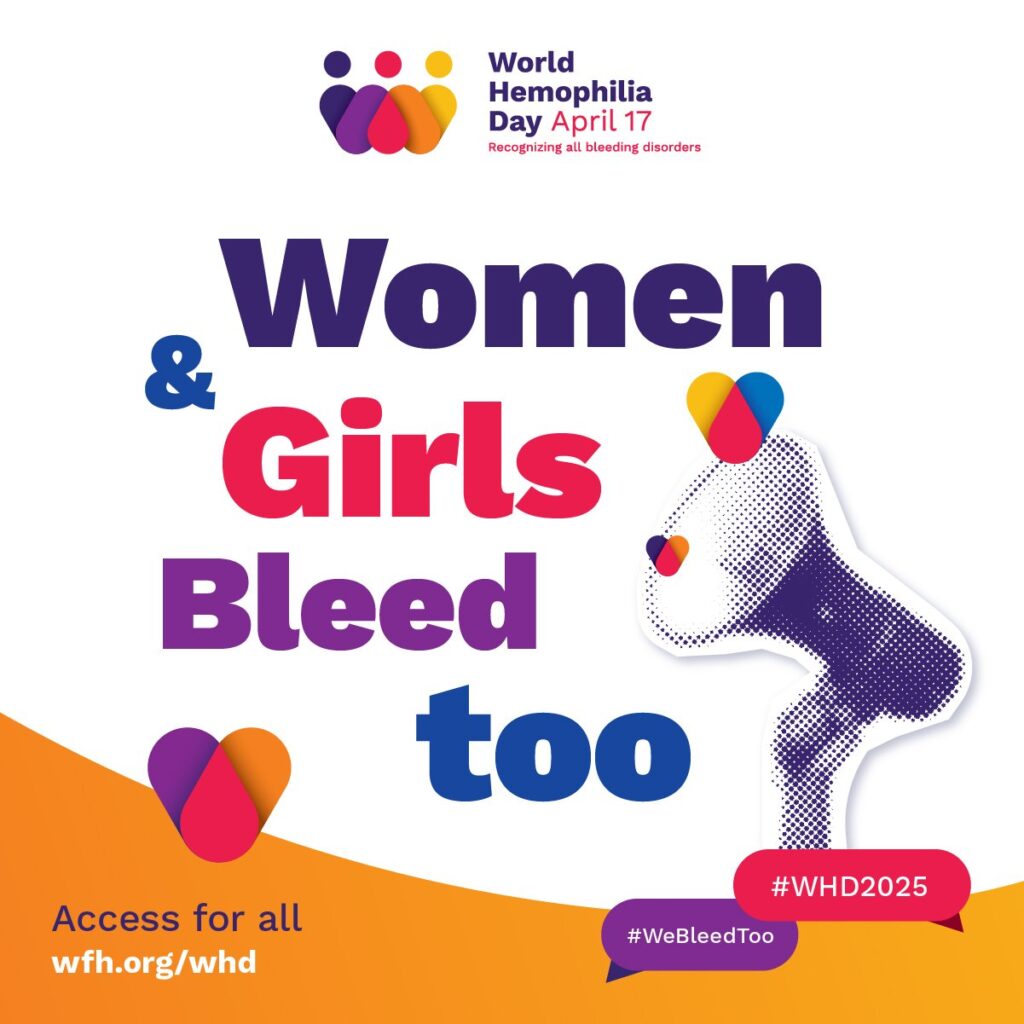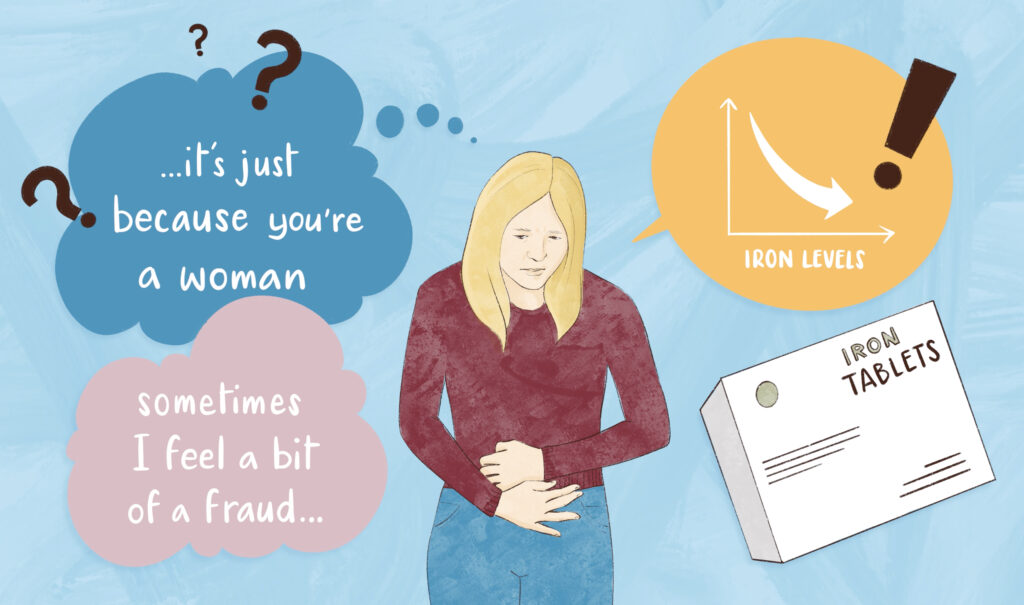Migrant health and the NHS: navigating choppy waters
Because the laws regulating the support and care that can be provided to immigrants and refugees are complex, we decided to tackle this issue head on and invited Mathieu Culverhouse, an Associate in the Public Law Department at Irwin Mitchell Solicitors, who specialises in community care, patient rights and mental capacity law, to talk at the recent HNA conference. You can read a full report on his talk here. We also invited nurses from around the country to present relevant case studies of people with haemophilia who needed treatment but whose legal status was uncertain.
One nurse described the cases of a child who had moved to the UK from Africa. He had been diagnosed aged 2 years, and received treatment for bleeds but no prophylaxis. Nine years later, in the UK, he was treated several times by NHS A&E services for spontaneous bleeds. At this stage, he was not on prophylaxis because the trusts involved were unsure of his status in the UK. Further cycles of bleeds and treatment resulted in inhibitor development. The family’s application to remain in the UK was denied but their appeal was successful and leave to remain in the UK was granted. The boy’s treatment is continuing but the family is soon to be re-housed and does not know where in the country this might be.
The hurdles placed in the way of healthcare professionals who want to provide care were demonstrated by a nurse from a centre who described the case of an adult asylum seeker with severe haemophilia A who had self-referred with an elbow bleed and obvious arthropathy in his elbows and knees. He had applied for asylum on arrival in the UK and had been treated at a centre until his housing support had been withdrawn. So he moved to a second city to stay with friends. On arriving in the haemophilia centre in this second city his status was unclear and the centre staff did not know what this meant for his entitlement to NHS care: they were unable to secure clarification from the Trust’s Overseas Officer, and were asked to wait until it received notification to proceed. Four hours later, after deciding that the bleed could be classed as an emergency consistent with ‘preventing further damage from occurring’, the team treated the patient, referred him for physio and arranged a follow-up appointment for the next day. The next day the Overseas Officer advised the team to fill out paperwork so the Trust could contact the Home Office for clarification of the patient’s current status. Forms were to be completed at every visit. After two weeks, the team was told he was a failed asylum seeker and was appealing, and that he was liable to pay for treatment. But the team was unable to document his status in his notes as the Trust might then be sued for breach of confidentiality, so the wording was: ‘The Trust has declared [***] is an Overseas Visitor and therefore may be liable for charges. Please inform the Overseas Visitors team if this patient attends hospital’. Discussions with the Trust’s finance department revealed the huge loss of income that could occur if the Overseas Visitors forms were used: it was agreed to claim the costs of factor treatment using a GP code. In this way, the patient would be seen by the team and receive the treatment he needed, but the Trust could not charge for staff time. Subsequently, the patient received several traumatic injuries in an altercation, limiting his ability to self-treat and causing him pain. He is currently housed by a charity and, pending deportation, is appealing for asylum status again. He is receiving neither prophylaxis nor six-monthly follow-up and physio input.
Another nurse reported the case of a child born in the UK who presented to A&E with a head bleed and sleepiness. Non-accidental injury (NAI) was suspected, social services were alerted and the parents were denied contact. He was diagnosed with a fractured skull, intracranial haemorrhage and extensive bruising. Haemophilia was subsequently confirmed but NAI could not be excluded. The ICH was treated conservatively with high-dose factor VIII followed by prophylaxis, requiring a port-a-cath. Sadly, the child developed an inhibitor. Eventually, NAI was excluded but it emerged that the parents were in the UK illegally having previously been deported before returning using fake identity and were now working illegally. Neither the parents nor the child was entitled to NHS care (other than emergency). The Trust’s Overseas Officer met the family and the parents who, though unable to work, agreed to reimburse the NHS at 150% of cost. To date, their treatment is estimated to have cost £92,000. Mathieu Culverhouse noted that the Government imposes a duty on Trusts to pursue payment for NHS care. Asked whether the family could have sued if the child had not received prophylaxis and he had developed another ICH, he stressed that “the case would depend on the decision process that had taken place. It is therefore important to document all decisions.”
We also heard about a man with severe haemophilia and a positive family history who came to this country on a student visa. At home he had only ever received herbal medications: here he attended a number of hospitals in London for bleeds and one hospital initiated alternative-day prophylaxis. However, he had difficulties with venous access and refused to self-administer. Five years after first arriving in the UK, he relocated and presented at an A&E department with extensive bleeding, suggesting he had not been taking his prophylaxis. He had an NHS number and was treated but he seemed to have little knowledge of his diagnosis and the treatment he needed. Prophylaxis was restarted and over time he managed to become proficient at self-management, despite his earlier venous access difficulties. By this stage his student visa was invalid and he was desperate to remain in this country although sadly a recent appeal to the Home Office was refused and he is now appealing this decision. Although the haemophilia team is providing ongoing care and support, treating his bleeds is challenging because he rarely follows his care plans. He is proving a time consuming and emotionally challenging patient. Mathieu Culverhouse noted that this gentleman will have several avenues of appeal and while he is appealing he is entitled to NHS care. His repeated failure to engage with care raises the possibility of capacity issues.

Mike Holland is the founder and director of Haemnet.


